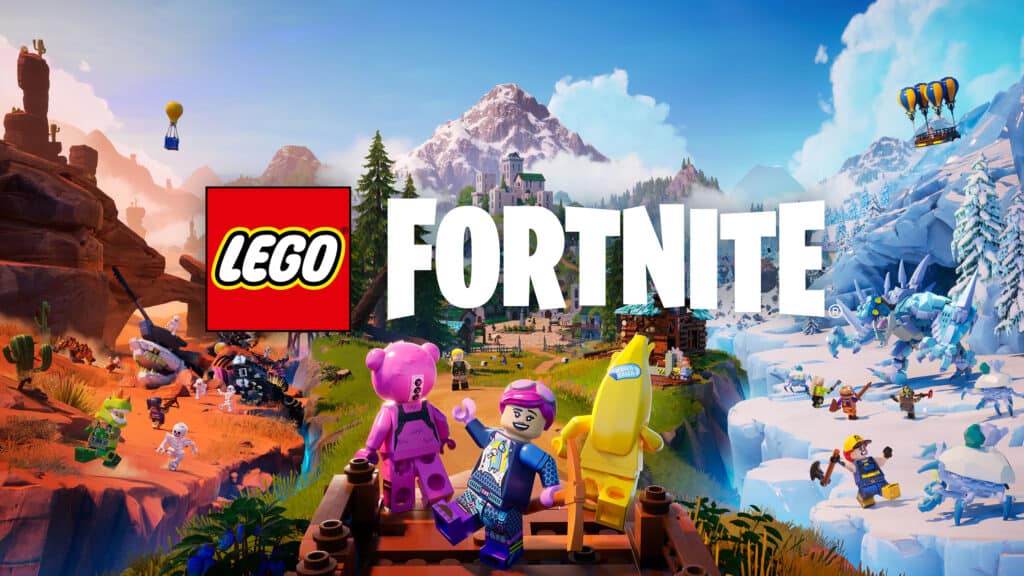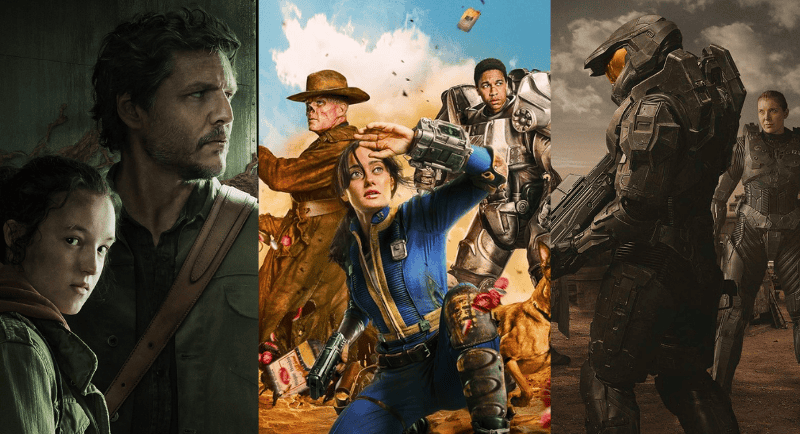By Gareth Leeding, Chief Strategy Officer at Livewire
Your CMO needs to get gaming.
Gen Alpha, Gen Z and Millennial audiences identify gaming as their No. 1 entertainment format, and those next-gen audiences – especially Gen A and Gen Z – expect immersive, interactive and playable brand executions. According to Livewire’s “2024 Next-Gen Attention Study,” Next Gen consumers are also more likely to purchase brands they’ve seen advertising in gaming spaces.
This dynamic means it’s more important than ever for your marketing leaders to not just understand but be embedded in the gaming landscape. A CMO who knows this audience as well as they know other key categories like sports, consumer tech, or retail, will be able to leapfrog their competition before this new era of digital entertainment takes root not just among Millennials, Gen Z, and Gen A, but the generations to come.
This audience hasn’t just shifted the primary platform for entertainment: The Next Gen also thinks about entertainment differently. Here’s how to keep up, and how to identify the right kind of leader to reach an invaluable, tough-to-capture audience.
What is a gaming-native CMO?
Maybe they grew up gaming; maybe they didn’t. Either way, they understand that connecting authentically with passion points involves a deep understanding of the culture their consumers’ interests come from. The gaming-native CMO understands that brand love isn’t built on static marketing anymore; it needs to be cultivated through deep and immersive experiences that align with their audience’s tastes. And finally, they understand that handing over the keys of their brand to the audience is an enabler of creator culture at scale – just look at the impact of the Lego and Fortnite partnership.

Why do I need a gaming-native CMO?
Gaming is a complex and nuanced environment. If you haven’t grown up with it, don’t spend the time needed to truly understand the mindset of players and have an authentic passion for the game, then there’s a chance you’re going to leave it off your media plan for fear of failure. This move will lead you to miss out on the 3.2 billion people who play games for, on average, 8.5 hours per week.
Gaming has a fast-evolving measurement approach. There’s a wide range of gaming-native formats out there, from in-game billboards, in-game audio, rewarded video, playables, integrations, and world builds. There’s also a wide range of gaming-native communication channels, including Discord, Reddit, Twitch, Kick and more.
The challenge is also the opportunity: Finding the right media mix to not just reach gaming audiences but drive action for your business is imperative. The key is to weave what’s right for your brand, what’s going to add value for the audience, something that requires a good deal of nuance and expertise, especially when you’re talking about in-game marketing.
The gaming-native CMO isn’t afraid to experiment and find that perfect mix for two reasons: They know how valuable the audience is, and they know the kind of messaging that the audience prefers. They also understand that marketing to gamers is a long-term strategy. Meanwhile, an unfamiliar marketing exec might take a shot at a campaign, see little immediate return because it comes off as inauthentic, and then run the other way.
Now, think five years down the road. Which leader would you rather be: the CMO who built inroads with a key audience on the biggest entertainment platform in the world, or the one still scrambling to figure out the formula for reaching everyone under 40?
What can a gaming-native CMO do for my brand?
A CMO that understands gaming also understands what it has to offer for their company and their consumers. Here’s a look at just some of the opportunities gaming presents, and how a marketing leader that understands the industry can leverage those opportunities.
Gaming offers unparalleled audience reach and diversity in audience. You genuinely can reach any target demographic through gaming. From Call of Duty to Candy Crush, Animal Crossing to Wordle, Football Manager to Fortnite, there’s a game with a huge number of players that, based on their preferences, will be interested in your brand. With deep audience insights, you can find ways to tap into the extreme fandom that exists around the IP.
Gaming offers deeper engagement and immersion. We need to move past the days where a view is counted at 2 seconds and start to look at the immersion opportunity that gaming offers. What we’ve learned is that when done right, gaming has the opportunity to capture the attention of millions of eyeballs for 50+ minutes.

Gaming offers cultural relevance. From Fallout to The Last of Us, Arcane, The Super Mario Bros. Movie and more, the biggest films, TV shows and memes have their roots in gaming. Sports stars, film stars and music artists are desperate to find ways to extend their appeal outside of the stadium, with many leaning on their status as gamers to connect with new fans. Never before has cultural convergence been accelerated by one form of media in such a way, and marketers who can adapt to this reality can come to the forefront of culture and capture the imagination of consumers.
Gaming offers unparalleled creativity. This year at Cannes, there were 407 gaming marketing entries and 45 campaigns awarded a Lion. Platforms like Fortnite and Roblox mean you can literally build anything you want to represent your brand. You can take your existing brand cues and narratives and weave them powerfully into them both in-game and around game.
Gaming offers an alternative take on bottom of the funnel. In a world where brands can get paid for a high-performing Fortnite experience or selling UGC items in Roblox the possibilities for driving bottom-of-funnel objectives evolves. Future-proofing your brand for the monetisation opportunities that are becoming available needs a forward-thinking CMO to see the power in gaming to achieve both awareness and performance metrics.
When do I need a gaming-native CMO?
Right now. Like, NOW. We’ve hit the crossover point where the world is moving on from social platforms, and gaming is here as the present and the future for creating meaningful connection opportunities for brands and audiences. If your brand is to capitalise on this opportunity, then you’re going to need the right leader to bring you in line with the audience.
As the marketing landscape evolves, the fundamental unit of consumer communication is shifting. Now is the time to find the right leaders and collaborators with a shared understanding of gaming to capture this once-in-a-generation opportunity.
